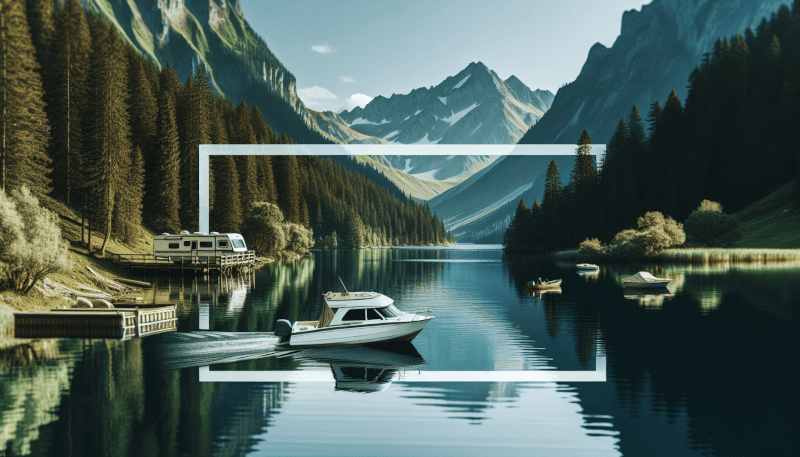Imagine the freedom of embarking on a water-based adventure, cruising along serene lakes or exploring hidden coves, all while having the comforts of your trusty RV. RV camping with a boat opens up a world of possibilities for outdoor enthusiasts, combining the convenience of an RV with the exhilaration of boating. Whether you’re a seasoned sailor or a novice looking to dip your toes into the world of boating, this article will provide you with invaluable tips to ensure your water-based adventures are smooth sailing. With everything from boat maintenance to safety precautions, you’ll be well-equipped to make the most of your RV camping experience on the water. So, pack your bags, hitch your boat, and get ready for an unforgettable journey that seamlessly blends the best of both worlds. RV camping with a boat can provide you with endless opportunities for water-based adventures. It allows you to explore new lakes, rivers, and waterways, and enjoy activities like fishing and water sports. However, to ensure a smooth and enjoyable experience, there are several factors to consider when planning your trip. In this article, we will guide you through the process of choosing the right RV, preparing your boat for RV camping, selecting the right campground, transporting your boat safely, launching and retrieving your boat, storing your boat at the campground, boating safety tips, planning your water-based adventures, and maintaining both your RV and boat. So, let’s dive in and learn how to make the most out of your RV camping with a boat experience!
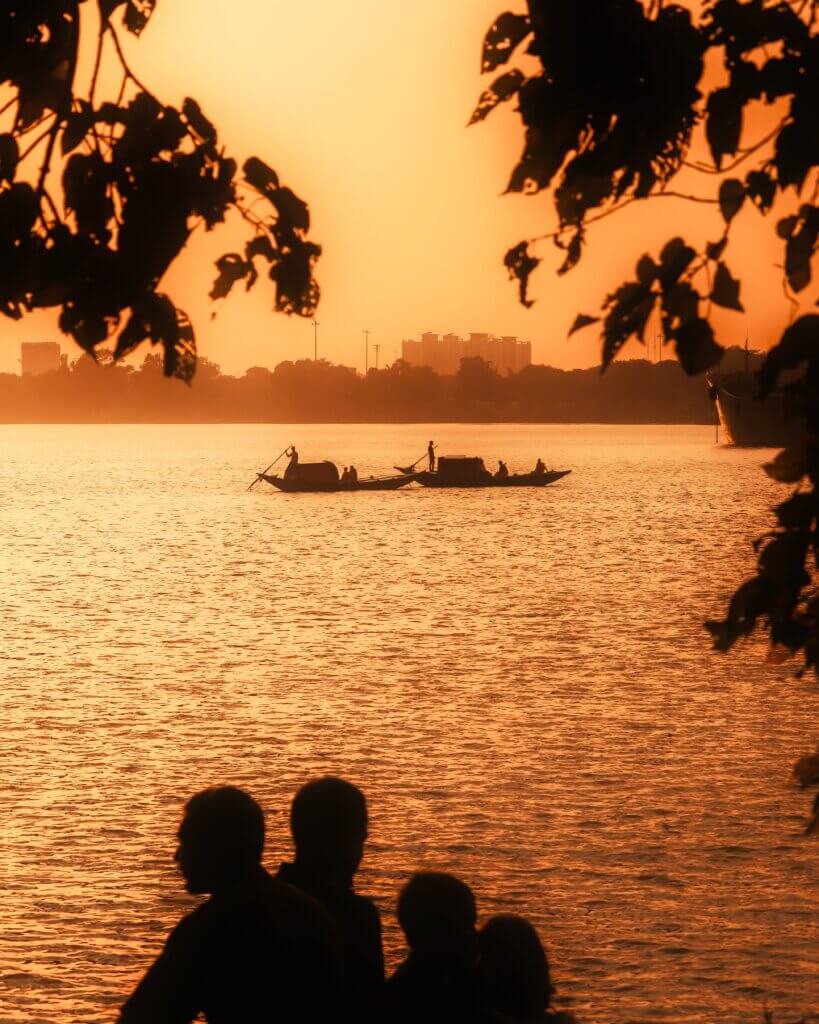
Choosing the Right RV
When it comes to RV camping with a boat, the first step is to consider the size and weight of your boat. RVs have weight limits and towing capacities, so it’s crucial to choose an RV that can safely tow your boat. Additionally, look for RVs with built-in boat storage options. This will make it easier to transport and secure your boat during your trip. Finally, consider your camping needs. Do you prefer a compact RV for easy maneuverability or a larger RV with more amenities and living space? By considering these factors, you can choose the right RV for your boat camping adventure.
Preparing Your Boat for RV Camping
Before hitting the road, it’s essential to perform necessary maintenance and inspections on your boat. Check the engine, electrical systems, and hull for any issues and make any necessary repairs. Additionally, ensure that your boat registration and insurance are up to date and comply with any state or local requirements. As you’ll be towing your boat behind your RV, it’s crucial to secure it properly on the trailer to prevent damage during transit. Lastly, don’t forget to pack essential boat safety equipment such as life jackets, fire extinguishers, and distress signals.
Choosing the Right Campground
Choosing the right campground for your RV boat camping adventure can greatly enhance your experience. Look for campgrounds that have boat launch facilities, allowing you to easily get your boat in and out of the water. Consider checking if there are water access points at the campground, such as docks or beaches, for convenient boat usage. Proximity to fishing spots or other water activities is another important factor to consider. Lastly, evaluate the campground’s amenities and services to ensure it meets your needs, whether it’s showers, electricity, or Wi-Fi.
Transporting Your Boat
Transporting your boat safely is crucial to prevent any accidents or damage during your RV camping trip. Start by securing your boat on the trailer properly. Use straps, chains, or other means to secure the boat tightly to the trailer. Before hitting the road, ensure that you have proper tire pressure on both the RV and the boat trailer. Regularly check the trailer for any maintenance needs, such as greasing the bearings or adjusting the brakes. It’s also important to check state regulations for towing your boat, as each state may have specific requirements regarding weight limits, speed limits, and safety equipment. If needed, consider using weight distribution hitches to improve stability and weight distribution while towing.
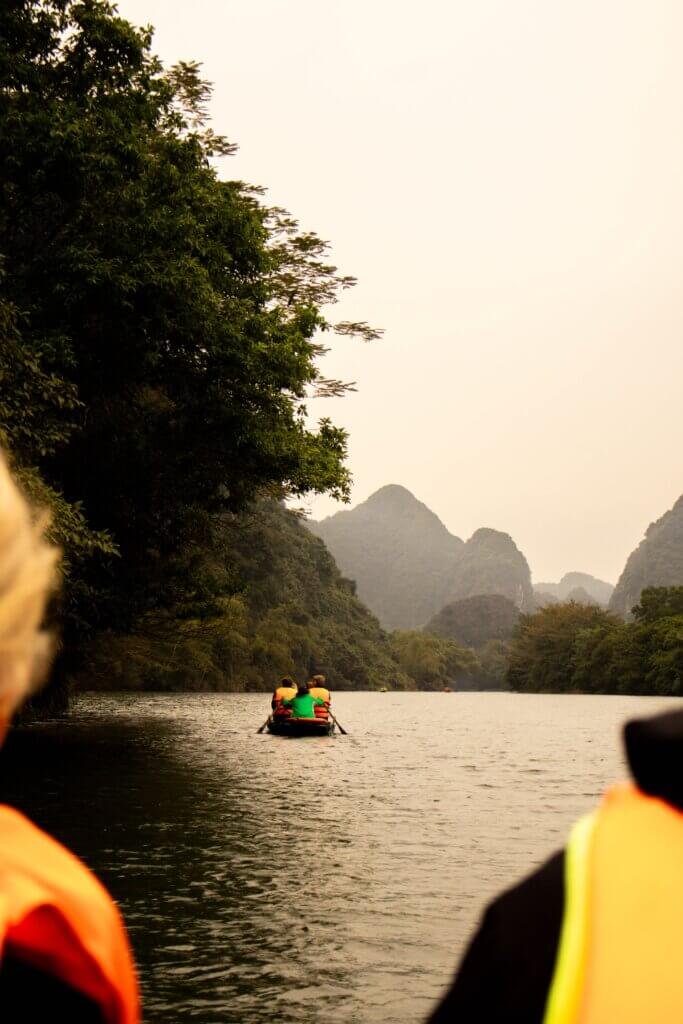
Launching and Retrieving Your Boat
When it’s time to take your boat out on the water, it’s important to familiarize yourself with the boat launch process. Understand the steps involved, such as backing up the trailer and releasing the boat from the trailer. Inspect the launch area for any hazards like submerged rocks or low-hanging branches. Follow proper boat launching and retrieving techniques to ensure a smooth and safe process. Pay attention to the water conditions, such as waves or currents, and adapt your approach accordingly. Lastly, take necessary safety precautions while on the water, such as wearing a life jacket and being aware of other boats and swimmers.
Storing Your Boat at the Campground
When you’re not actively using your boat, storing it properly at the campground is crucial to protect it from damage or theft. Check if the campground offers boat storage options, such as designated boat storage areas or covered storage facilities. If not, consider using boat covers or tarps to protect your boat from sun, rain, and other environmental elements. Additionally, utilize security measures like locks or alarms to prevent theft. Lastly, always follow any campground rules or regulations regarding boat storage to ensure a safe and harmonious camping experience.
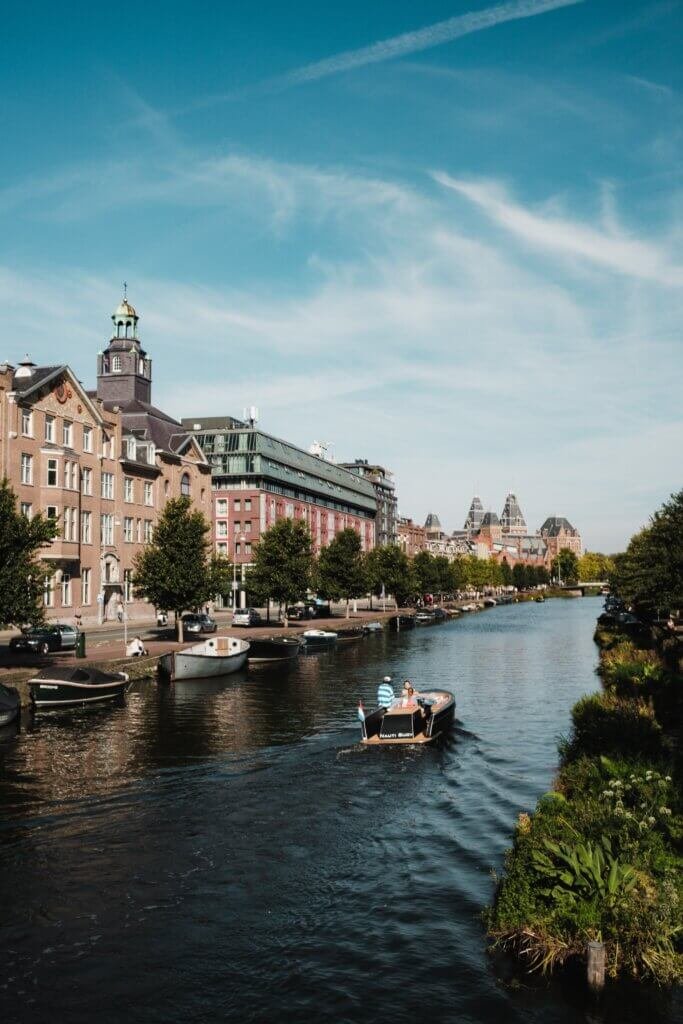
Boating Safety Tips
Safety should be a top priority when RV camping with a boat. Always wear a life jacket while on the boat, regardless of your swimming ability. It’s important to stay alert and aware of your surroundings, especially when navigating crowded or unfamiliar waterways. Be knowledgeable about boating regulations, such as speed limits, navigational markers, and right-of-way rules. Following these regulations not only ensures your safety but also promotes a positive boating experience for others. Lastly, practice responsible boating and always follow posted speed limits and waterway restrictions.
Planning Your Water-Based Adventures
To make the most out of your RV camping with a boat experience, it’s essential to plan your water-based adventures. Research local lakes, rivers, and waterways to discover the best boating spots in the area. Create a boating itinerary and plan your routes to ensure you cover all the destinations you want to explore. Check weather conditions and forecasts before heading out on the water to avoid any surprises. Additionally, consider other water-based activities like fishing or water sports to add variety to your boating adventures.
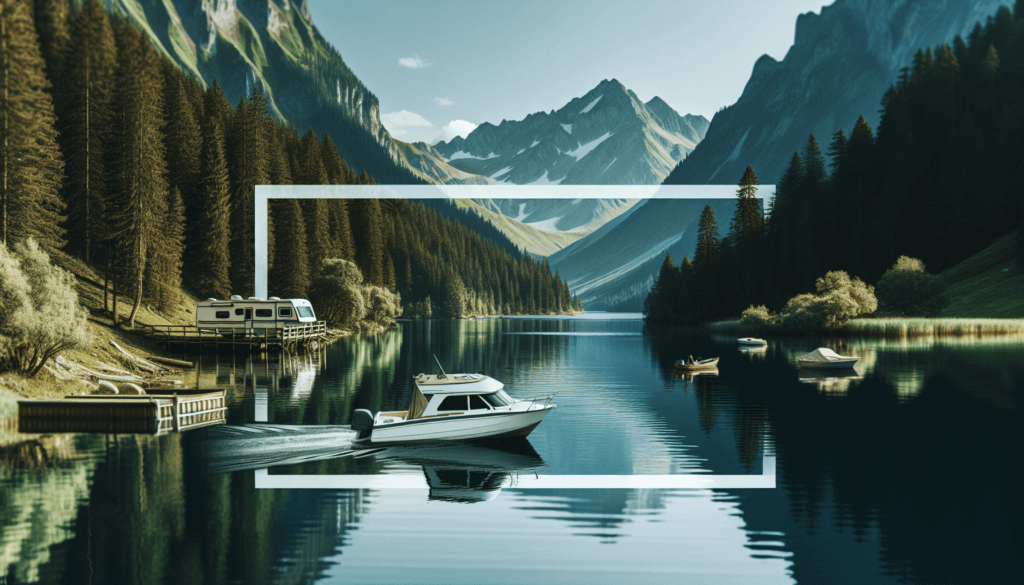
Maintaining Your RV and Boat
Regular maintenance is key to keep both your RV and boat in top shape. Perform routine maintenance on your RV, including checking the engine, tires, and electrical systems. Clean and flush your boat’s engine and water systems to prevent any buildup or damage. Properly store and maintain your boat trailer to extend its lifespan and ensure safe towing. Lastly, protect your RV and boat from environmental elements by covering them when not in use and using protective products to prevent damage from sun, rain, or snow.
Tips for Easy RV Camping with a Boat
To make your RV camping with a boat experience as easy and enjoyable as possible, consider these tips. Pack efficiently and prioritize essential items like food, clothing, and safety equipment. Organize your gear and storage spaces to make it easy to find what you need. Keep boat-related supplies separate from your RV supplies to avoid confusion or clutter. Create a checklist to ensure that you don’t forget any important items or tasks before hitting the road. By following these tips, you’ll have a stress-free and well-organized RV camping adventure with your boat.
RV camping with a boat offers a unique and exciting way to explore the great outdoors. By considering the size and weight of your boat, choosing the right RV, and preparing your boat for the trip, you can ensure a safe and enjoyable journey. Selecting the right campground, transporting your boat securely, and following proper launching and retrieving techniques are essential for a successful water-based adventure. Storing your boat at the campground, practicing boating safety, and planning your routes will further enhance your experience. Finally, maintaining both your RV and boat, and implementing easy camping tips, will make your RV camping with a boat trip hassle-free and memorable. So, take the plunge, and embark on a water-based adventure that combines the freedom of RV camping with the excitement of boating!


